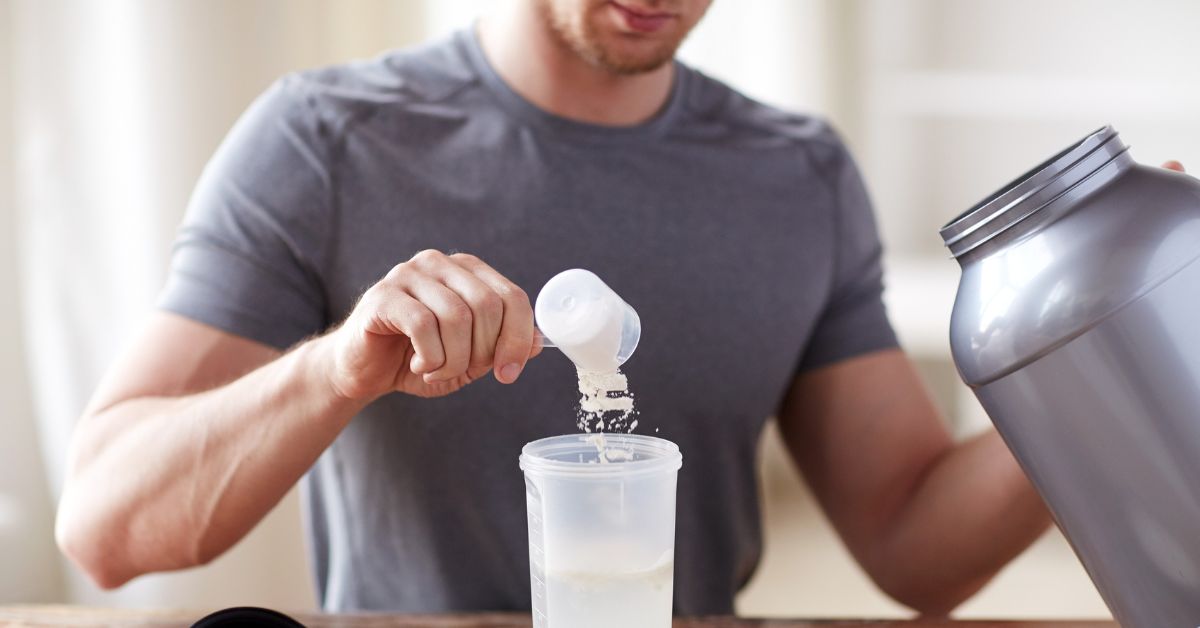The difference between probiotics and prebiotics, and how each can help you
A probiotic is a type of living, beneficial bacteria in your gut. The live bacteria is in various foods or supplements. There are a number of foods that are probiotic, including:
- Fermented foods (sauerkraut, kimchi, kombucha tea and kefir)
- Plain yogurt (high quality, low sugar content)
- Non-pasteurized pickles/pickled vegetables
Pasteurized foods kill off the natural helpful bacteria. The good news about sauerkraut is that it’s probiotic and prebiotic.
You can also take probiotic supplements. However, they don’t always work. Sometimes supplements cause problems in your small intestine. The supplements may produce too many good bacteria. Or, you may be sensitive to the supplement. Not every supplement has the same quality or quantity of bacteria.
What is a prebiotic?
A prebiotic is food for probiotic bacteria. This food is mostly fibrous carbohydrates that your body can’t digest. Probiotics can eat and process the fiber. Many foods naturally contain prebiotics, such as:
- Asparagus
- Bananas
- Beans and legumes
- Berries
- Garlic and onions
- Jerusalem artichokes
- Leeks
- Oats
Synbiotic supplements combine probiotics and prebiotics in one dose. Synbiotics with prebiotics help the probiotics make it all the way down your intestines. It’s important to note that these supplements are unregulated and still being studied.
Why is gut bacteria beneficial?
Having the right amount of probiotics and prebiotics improves your health. Good gut bacteria are beneficial for the following reasons:
- They improve digestion.
- They protect you from harmful bacteria.
- They help regulate inflammation in your body.
- Research shows that good bacteria reverse insulin resistance and obesity.
- They form vitamin K, which keeps your colon lining cells healthy and reduces the risk of cancer.
- Research points to good bacteria’s ability to protect against autoimmune diseases, such as Crohn’s disease, lupus and allergies.
Research also shows that babies with healthy gut bacteria may grow and thrive faster.
Probiotics and antibiotics
Is it safe to take probiotics when you take antibiotics? Children over 12 years old can take probiotics and antibiotics. Antibiotics get rid of bad bacteria in your body, especially when you have an infection. But they also damage your gut’s good bacteria. Taking probiotics may stop the diarrhea that comes along with taking antibiotics.
Space out the antibiotics and probiotics during the day. Take an antibiotic and a probiotic a few hours apart. Some doctors may tell you to take probiotics a week after finishing antibiotics. Talk to your doctor about when to take probiotics while you’re on antibiotics.
Signs you need more probiotics
There may be signals, in addition to taking an antibiotic, that you have imbalanced gut flora (bacteria):
- If you crave sugary, processed foods, you need better gut bacteria.
- Digestive issues, such as bloating, cramping or gas may signal an imbalance.
- Insulin resistance and stubborn belly fat may be a sign of a lack of good gut bacteria.
- Fatigue, sleeplessness and mood swings may also mean there’s a need for more good gut bacteria.
One of the best things you can do to balance out your gut flora is to cut out processed, refined foods. Gluten can also damage your gut’s good bacteria.
Side effects of probiotics
It’s possible to have too many probiotics (and prebiotics). Too many may result in minor side effects. You may have excess gas, bloating, constipation and thirst. Some probiotic foods, such as yogurt and sauerkraut, may cause headaches. Or, you may experience allergic-like reactions because of certain substances in probiotic food. If you’re lactose intolerant, you may have a reaction to supplements that contain lactose or milk.
Is it time for a gut check — or maybe a gut bacteria check? Visit mercy.com to make an appointment with a primary care doctor to learn more about taking probiotics.







2 Comments
Post a CommentDebbie
What is a gut bacteria check?Mercy Health
Hi Debbie, this is a procedure handled by your physician that can help determine your gut health. If your curious about your own gut health, we recommend reaching out to your primary care provider.